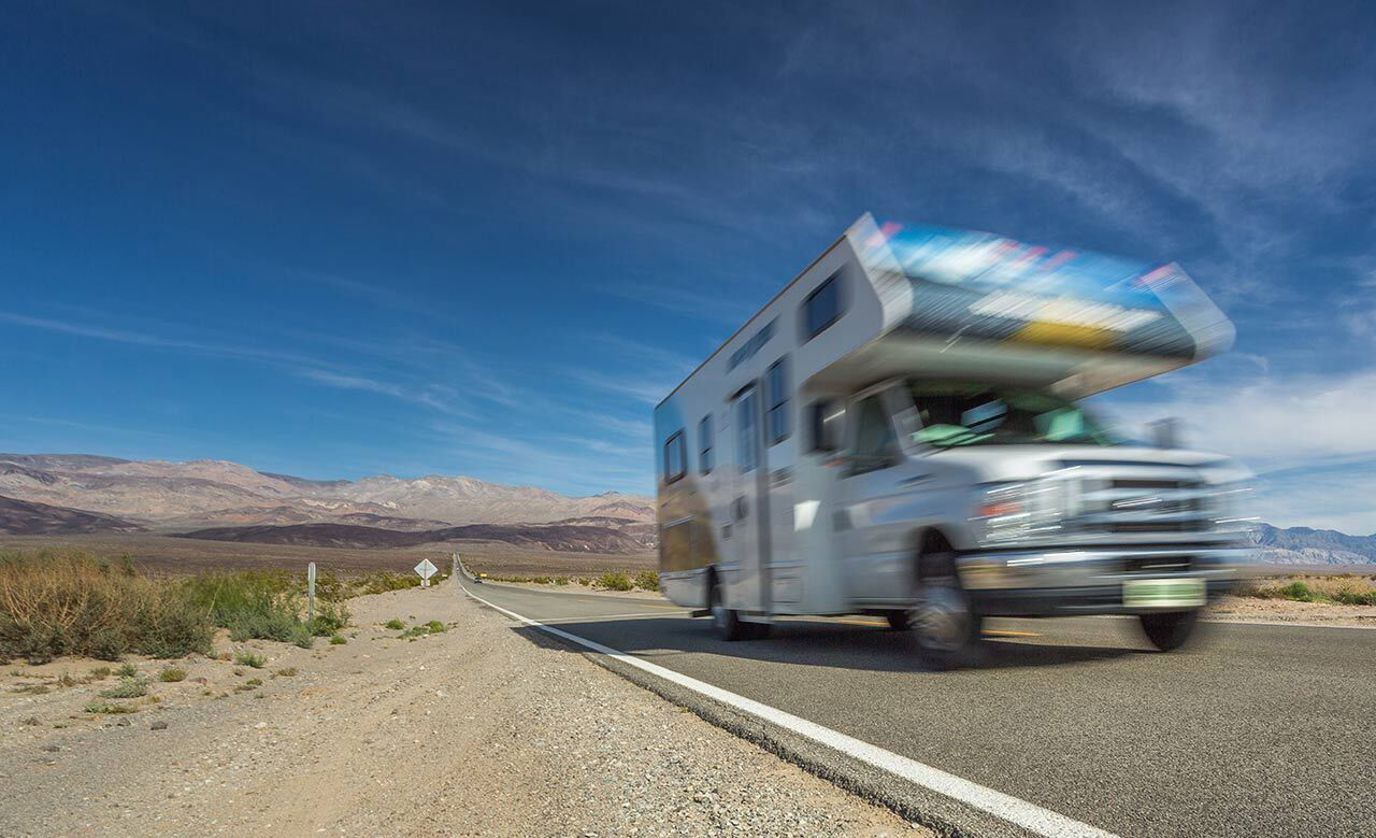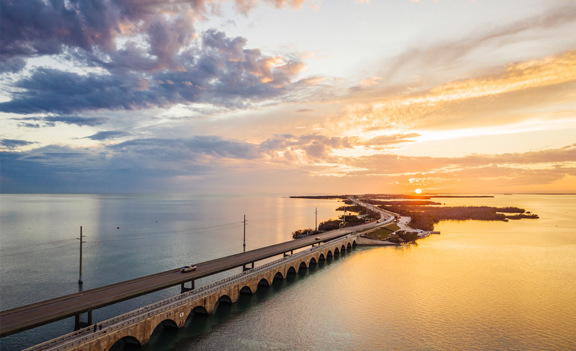
Simple RV Repair Tips Anyone Can Handle
- RV Lifestyle
While an RV road trip can be the adventure of a lifetime, this doesn't mean RVs are problem-free during camping trips. In fact, the more you drive, the greater the chances are that, at some point, something will break or fail on your vehicle; after all, you're putting your RV through a lot!
However, if things don't go according to plan with your RV, this doesn't mean your adventure is over — not at all! Many things that can break on an RV road trip you can actually fix yourself, as long as you're prepared! Avoid needing to stop at an RV repair shop by learning these important maintenance tips.
Need a list of some simple, doable RV repair tips to help get you back on the road and having fun ASAP? Read on!
What Can Go Wrong on an RV Road Trip?
Some of the problems you may encounter on the road are unpredictable — for example, nails or tree branches on a road can puncture tires, or they might burst for another reason.
When driving at night, you may also suddenly (and literally) run into deer, leaving you with one less headlight and other front-end damage.
Oh, the Weather Outside is...
Other RV issues you may face are more weather-related: For instance, hail can damage your windshield or take out a side mirror. A hard freeze could cause pipes to burst and/or kill an old, weak, or damaged battery. For issues like these, you will need to visit a service center, but there are also common RV repairs you may be able to do yourself.
Common RV Repair Tips For Doing It Yourself
Then, there are more banal but all-too-common RV-related headaches, like a leaky wastewater valve, broken interior lights, and roof leaks. Here are some RV repair tips for how to handle these common repairs yourself.
Seal Your RV Roof to Fix/Prevent Leaks
If you have leaks in your RV roof, you'll find out during a rainstorm! Why are leaks bad?
Obviously, RV roof leaks mean interior damage can occur if water gets in...but it also means mold and mildew can grow in places you can't even see. This poses a health hazard to you and your travel party, but you can seal your RV roof to minimize both the chance for leaks and the mold/mildew damage they can cause.
So, if you find a leak, adding sealant to your RV roof is a relatively simple fix. You can pick up RV roof coatings at Walmart, Home Depot, or even Amazon; it's usually easy to find wherever you are.
As for actually applying the roof sealant, a paint brush or roller will do just fine. Start at the edges and work your way around the roof until you've completely coated it; an even coat works best. You should check on the condition of your roof seal regularly, and re-apply as needed.
Change Your RV Interior Light Bulbs
Since an RV is your home away from home, it makes sense that many of the RV repairs you'll have to make on the road resemble the ones you've done at your actual house. One such example is replacing lights. But if you've ever replaced a light at home, you can also do it in your RV!
It's a good idea to check what kinds of bulbs you have (different rooms can have different kinds), and bring along a box of replacement bulbs just in case. That way, you and your family will never have to worry about spending time in the dark when camping (at least, not inside your RV!).
Fix Leaky Wastewater Valves
One of the more uniquely RV-specific repairs you may have to make involves your wastewater valves. When emptying out your wastewater tanks while camping or just before heading on to the next destination, a faulty slide valve can allow dirty liquid to leak out.
Luckily, this is one of the easier DIY RV repair tips to explain: Unbolt the valve, remove and replace seals, and re-attach and tighten the bolts. No more leaky wastewater!
Head Off RV Repairs with Preventative Maintenance
Many RV problems can actually be minimized with proactive pre-trip vehicle maintenance; this is one of those RV repair tips that can save you big money down the road (pun intended).
Make Sure Your Tires Are Filled
While you can't necessarily prevent all kinds of tire blowouts, you CAN ensure that your tires are filled up and able to handle your RV's massive weight; if your tires are old or your vehicle has been sitting in storage for a while, you may want to consider replacing them.
Test Your Batteries and Get a Tune-Up
The same goes for batteries. It's easy to get them tested, and you should do so at the start of every travel season (especially if your RV is in storage for months at a time).
It's also smart to take your RV in for tune-ups and oil changes so that you can be sure all of your systems are good to go.
Winterize Your RV
If you're regularly traveling in cold weather, be sure to winterize your RV. Pay special attention to the undercarriage, where the pipes are that can burst in freezing weather. Winterizing your RV and insulating pipes can certainly help prevent some of the most common seasonal RV problems.
It's Time To Get on the Road with Cruise America
Now that you've read these RV repair tips, you should be able to both handle and prevent many common RV maintenance issues. With that in mind, it's time for you to grab an RV for yourself and put this new knowledge to the test...or hopefully not, if you know what we mean!
In any case, whether you're considering an RV rental or plan on buying a used RV, Cruise America has the vehicle you need for your next road trip. To see the RVs Cruise America has available for you, visit today!





